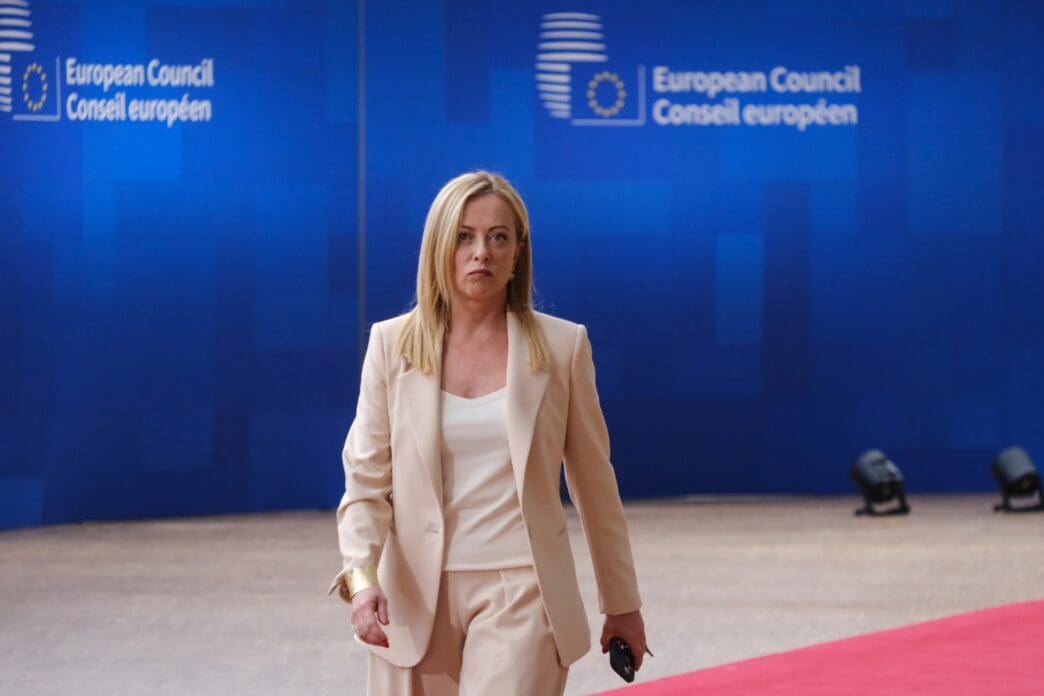Executive Summary
The Story So Far
Why This Matters
Who Thinks What?
Italy, under Prime Minister Giorgia Meloni, has become the first European nation to enact a comprehensive national law on artificial intelligence, preceding the broader European Union AI Act. This significant legislative step, particularly notable for a country not typically considered a technological leader, introduces robust regulations addressing deepfakes, digital transparency, the protection of minors, and the mandatory labeling of AI-generated content, while imposing substantial fines for non-compliance.
National AI Framework Takes Shape
The newly passed Italian law represents an early national interpretation of the principles outlined in the upcoming EU AI Act. It details specific measures to combat the misuse of AI technologies, particularly concerning the creation of deepfakes and the need for clear digital transparency.
A core focus of the legislation is the protection of vulnerable populations, especially minors, from the potential harms of unregulated AI content. Companies failing to adhere to these new standards face heavy financial penalties, underscoring the law’s forceful intent.
Broader European Context
Italy’s proactive stance raises important questions about the interplay between national and community-wide regulatory frameworks within the EU. While the bloc is developing its own comprehensive AI Act, Italy’s move establishes a precedent for member states to implement their own regulations in advance.
The Italian law bears a level of detail and enforcement similar to Spain’s recent proposals concerning AI labeling. However, a key distinction lies in Italy’s decision to enact its proposal into law, whereas Spain continues to deliberate its own AI legislation and the role of its AI supervision agency.
Implications for EU Harmonization
This development highlights the dynamic landscape of AI governance across Europe, as individual nations grapple with the rapid evolution of artificial intelligence. Italy’s early legislative action could influence the implementation strategies of other member states or prompt further discussions on the harmonization of AI regulations across the Union.








